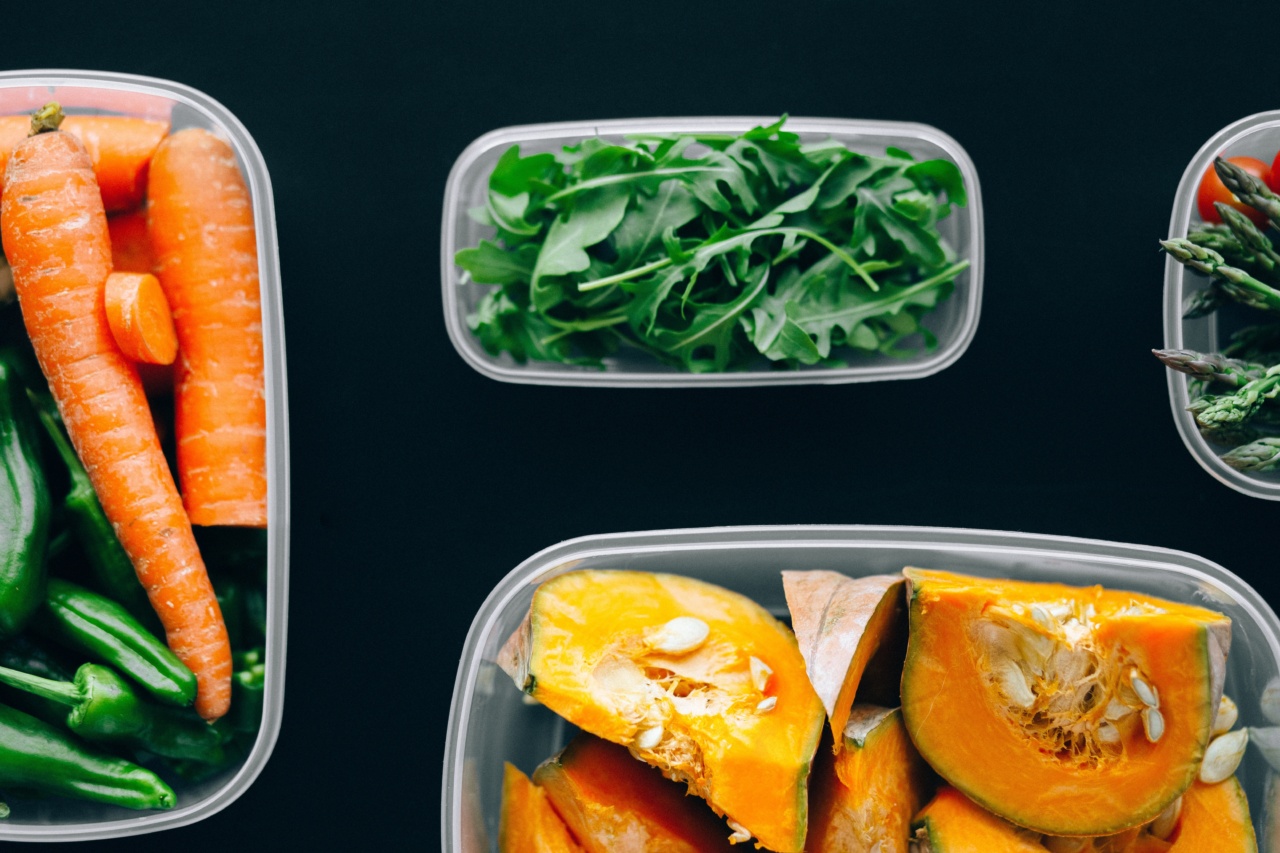Diabetes is a chronic condition that affects millions of people worldwide. It is characterized by high blood sugar levels, either due to the body not producing enough insulin or the cells not responding properly to insulin.
While medication and lifestyle changes play a crucial role in managing diabetes, nutrition also plays a significant role in controlling blood sugar levels. By incorporating nutritious foods into their diet, individuals with diabetes can better manage their condition and improve their overall health.
In this article, we will explore various nutritious foods that can help control diabetes and provide tips on incorporating them into your daily meals.
The importance of a balanced diet for diabetes
A balanced diet is essential for everyone, but it is of utmost importance for individuals with diabetes. When it comes to managing blood sugar levels, choosing the right foods and controlling portion sizes is crucial.
A balanced diet for diabetes typically includes a combination of carbohydrates, proteins, and healthy fats.
Fiber-rich foods for stable blood sugar levels
Fiber is an essential nutrient for individuals with diabetes. It helps slow down the absorption of sugar into the bloodstream, preventing spikes in blood sugar levels. Some excellent sources of fiber include:.
- Whole grains: Opt for whole wheat bread, brown rice, and oats instead of refined grains.
- Legumes: Incorporate beans, lentils, and chickpeas into your meals.
- Fruits and vegetables: Aim to include a variety of colorful fruits and vegetables in your diet.
These fiber-rich foods not only help control blood sugar levels but also provide essential vitamins, minerals, and antioxidants that promote overall health.
Lean proteins for a balanced meal
Protein is an important macronutrient that aids in the regulation of blood sugar levels. When consumed in moderation, lean proteins can be included in a diabetes-friendly diet. Some examples of lean proteins include:.
- Skinless chicken breast
- Fish like salmon, trout, and mackerel
- Tofu and tempeh for vegetarian options
When incorporating lean proteins into your meals, ensure that you prepare them using healthier cooking methods such as baking, grilling, or steaming.
Healthy fats for diabetes management
The type of fats you consume can greatly impact your blood sugar levels and overall health. Healthy fats, such as monounsaturated and polyunsaturated fats, can help improve insulin sensitivity and reduce the risk of heart disease.
Some sources of healthy fats include:.
- Avocados
- Nuts and seeds
- Olive oil
- Fatty fish
While including healthy fats in your diet, it is important to consume them in moderation, as they are still calorie-dense.
The role of carbohydrates in diabetes
Carbohydrates have the most significant impact on blood sugar levels, making their intake crucial for diabetes management. However, it is essential to differentiate between different types of carbohydrates and their effects:.
1. Complex carbohydrates: Complex carbohydrates, found in whole grains, fruits, and vegetables, are broken down more slowly by the body, leading to a steadier rise in blood sugar levels.
They are a healthier option and should form the majority of your carbohydrate intake.
2. Simple carbohydrates: Simple carbohydrates, found in sugary foods, sweets, and processed snacks, are quickly digested and can cause a rapid increase in blood sugar levels. These should be consumed in limited quantities, if at all.
Portion control for diabetes management
While the types of foods you consume are important, portion control is also crucial in managing diabetes. Controlling the amount of food you eat can help regulate blood sugar levels and prevent overeating. Some portion control tips include:.
- Use smaller plates and bowls to help control portion sizes.
- Fill half of your plate with non-starchy vegetables to increase fiber intake.
- Measure and weigh your food to track portion sizes accurately.
- Avoid eating directly from containers to reduce the risk of overeating.
Meal planning and timing
In addition to choosing nutritious foods and controlling portion sizes, meal planning and timing are also crucial for managing diabetes. Some tips for effective meal planning include:.
- Eat regular, balanced meals at consistent times each day to help stabilize blood sugar levels.
- Space out your meals evenly throughout the day, rather than consuming too many carbohydrates in one sitting.
- Consult with a registered dietitian who specializes in diabetes management to create personalized meal plans.
- Keep healthy, diabetes-friendly snacks on hand to prevent blood sugar dips between meals.
The importance of hydration
Staying hydrated is essential for everyone, but it holds even greater importance for individuals with diabetes. High blood sugar levels can lead to increased urination, which can result in dehydration.
Make sure to drink plenty of water throughout the day and limit sugary beverages that can cause blood sugar spikes.
Regular physical activity for diabetes management
While this article mainly focuses on the role of nutrition in diabetes management, regular physical activity is also critical. Engaging in regular exercise can improve insulin sensitivity, lower blood sugar levels, and support overall health.
Consult with your healthcare team to determine the most suitable exercise routine for your condition.
Conclusion
Managing diabetes requires a holistic approach that includes medication, lifestyle changes, and proper nutrition.
By incorporating nutritious foods such as fiber-rich carbohydrates, lean proteins, and healthy fats, individuals with diabetes can better control their blood sugar levels and improve their overall health. Remember to maintain portion control, plan your meals, stay hydrated, and engage in regular physical activity to achieve the best results.
With the right choices and appropriate management, it is possible to live a fulfilling and healthy life with diabetes.





























